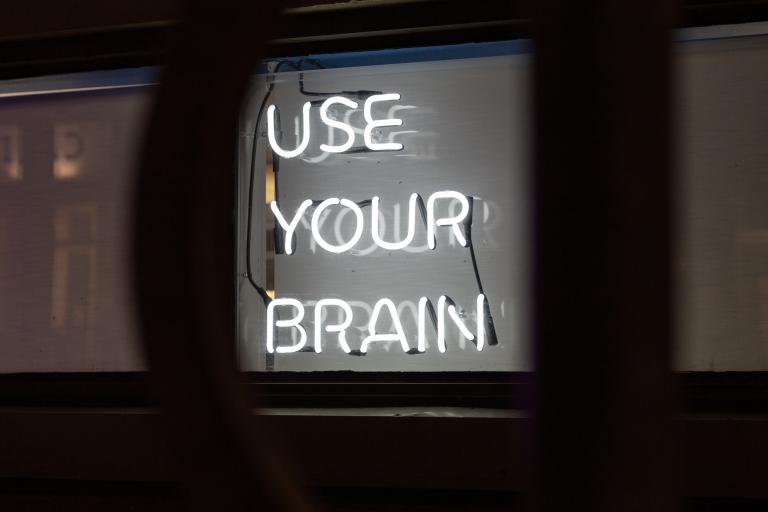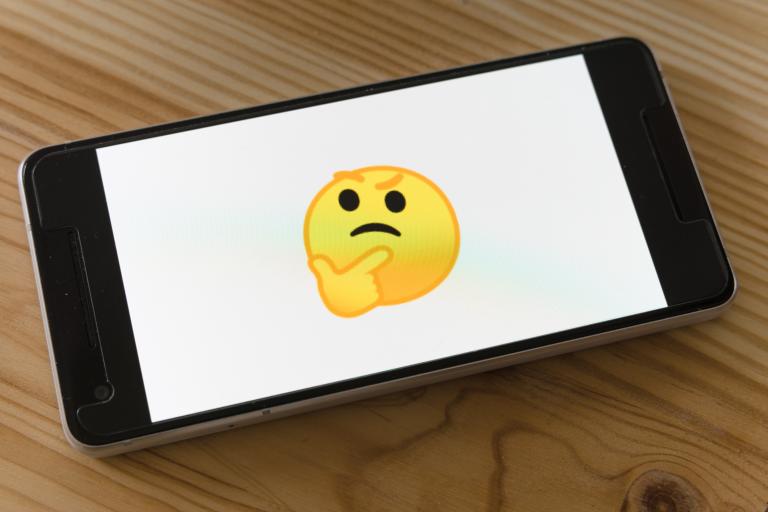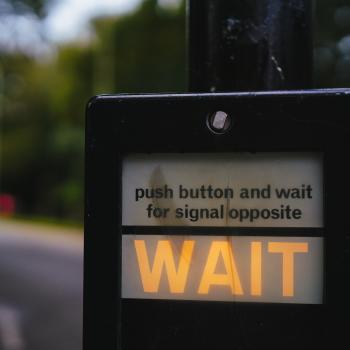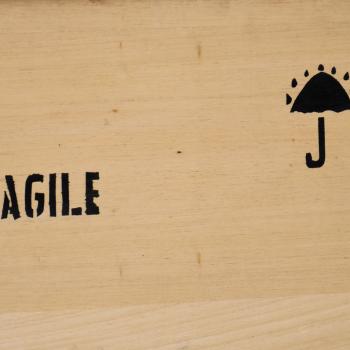In the 1970’s, the popular perspective around human reason was that we are generally very reasonable creatures. When we act unreasonably, it is a product of our emotions getting in the way. This is why our culture today talks so much about “controlling our emotions”. It is the offspring of that philosophy, that our reason will shine through if our emotions don’t get in the way.
But research in the last fifty years has started to suggest that humans, emotional or not, may not be as reasonable as we think.

Our brains operate by patterns. Every human mind works hard to try to create a subconscious shortcut to the way things work, the way they are, etc. It takes a lot of mental energy for us to figure out new tasks and sift through nuances. If our brain can avoid it, it will. Which is why we develop certain unreasonable biases toward those we find attractive, that which is familiar to us, and a host of other things.
The Leap
It is not just an issue of emotions. It is a process of conditioning. We live in a world that is fast. There is no time to rest, to pause. Time, after all, is money. We can’t take a five second elevator ride in silence without feeling dreadfully uncomfortable.
Our patterned thinking is not completely unreasonable. But it has its moments. There are some shortcuts, some patterns we have developed, that are unreasonable. They become “blind spots” in our lives, things we are wrong about that we have forgotten to even question.
A few years ago, I spent one entire day not talking. On purpose. I decided I would just listen, all day long. It was shocking to me how much I wanted to speak. I am a quiet introvert by nature, generally pretty reserved in a crowd. But I was bursting. When a topic came up I considered myself even remotely informed on, I wanted to scream my knowledge. I wanted to leap into the conversation.
In the absence of verbal satisfaction, I found myself having my parts of the conversation in my head. It was satisfying enough.

The point here is that most of our thinking is a fast and desperate leap toward reinforcing what we already know. Or what we already believe. We give preferential treatment to evidence that validates our current position over and against those that challenge it. We take in data and remake it in our image, putting a story around it to explain why it serves the position from which we began.
We assume we have it right. We shoehorn the evidence to make it fit our rightness. And then we hurry on to the next thing.
The result of this is a lot of cognitive leaps. We are becoming more and more unreasonable, more and more detached from reality. Defending our biases has become an exercise in trench warfare. We are in a hurry to be validated. And to convert others to our side (or shame them for their unwillingness to do so). All the while, we leave our own thoughts and predispositions mostly unchecked. We continue to leap to the conclusion that we know what is best.
Slow Down

When we are thinking (or feeling), time is a key element. If we can slow down, just a second, just enough to get past our knee-jerk assumptions, we have won a great battle. You can come back to those knee-jerk reactions; maybe you are right. But if we zip past them with no scrutiny, we will never know which ones we are sailing through to our own detriment.
Most of us (me included) are not going to do this. Or at least we are going to have a hard time with it. Thinking slower takes effort. Examining ourselves does not just take humility, it takes energy. And in our fast-paced, bottom-line world, it often does not “feel productive”.
But, if we truly want to learn, to grow, to develop, we need to take the time to slow down our thinking. We can’t ask it of others and be unwilling to do it ourselves. We can’t give it a cursory attempt and then snap back to old habits when we discover (quite unbiasedly, I am sure) that we are always right all of the time. Or that slowing down does not make things more definitive, just more complicated.












